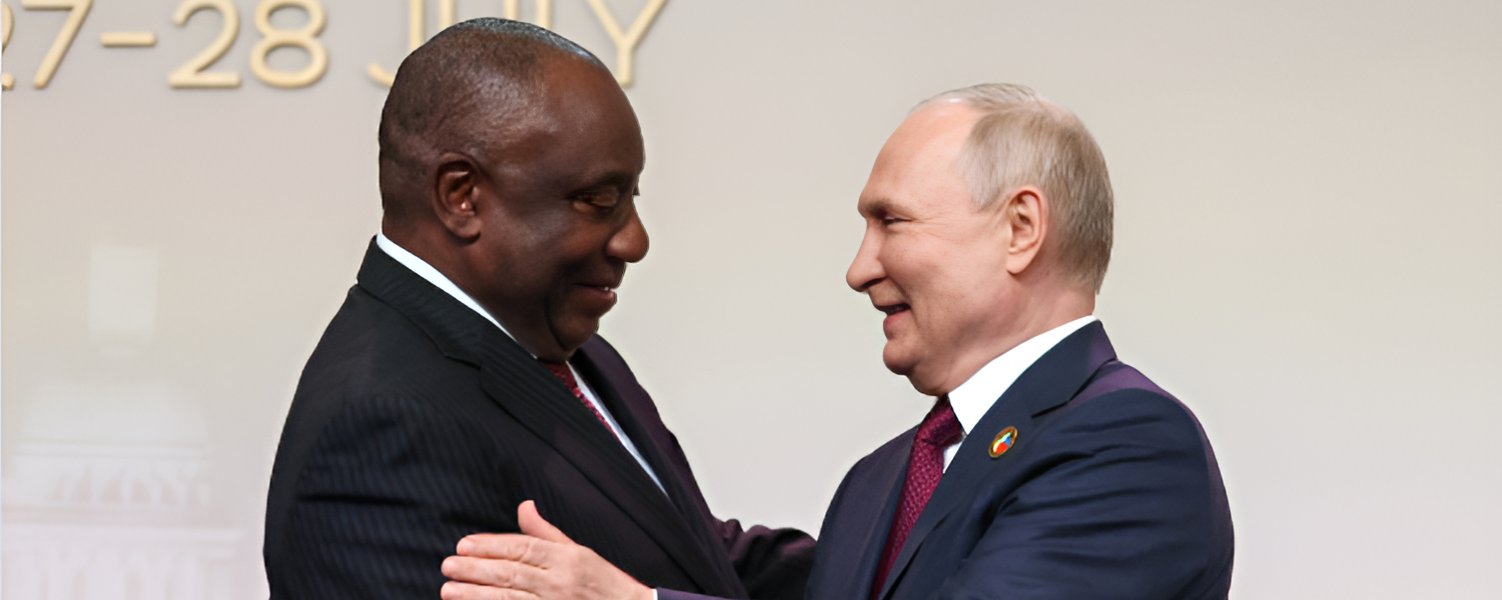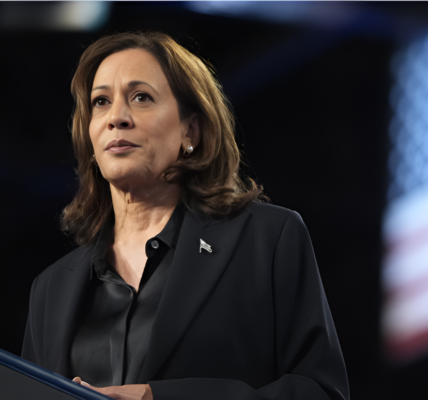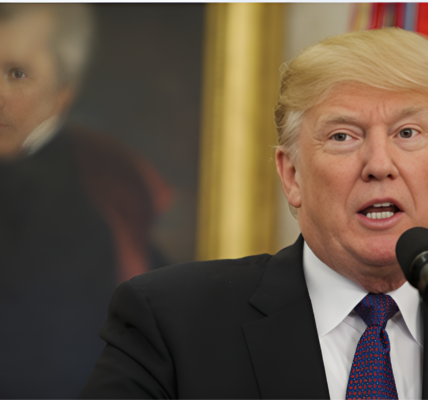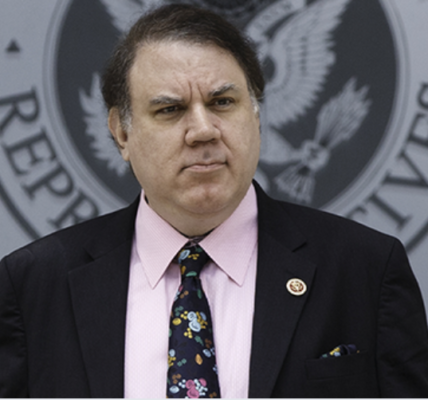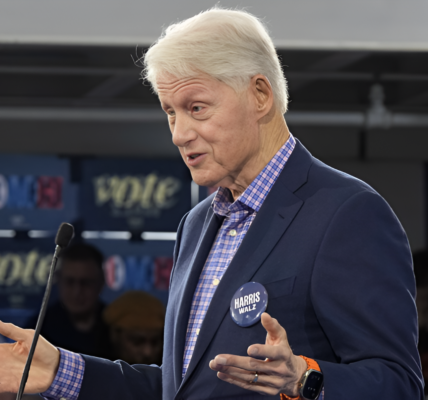
SIMON’S TOWN, SOUTH AFRICA — Officially, South Africa claims neutrality in Russia’s invasion of Ukraine. But to many pro-Ukrainian locals, this is little more than a facade.
From conducting joint military drills with Russia to echoing Kremlin rhetoric, South Africa’s ruling African National Congress (ANC) has drawn criticism for its perceived alignment with Moscow. The government’s appeal to the International Criminal Court to overlook an arrest warrant for Vladimir Putin—so he could attend a summit in the country—further eroded claims of impartiality.
While Western nations have largely united in opposing Russia’s aggression, South Africa’s stance reflects a broader trend across the African continent. Once marked by cautious condemnation, many African nations now oscillate between neutrality and subtle support for Russia.
For South Africa, this positioning is becoming increasingly fraught. Last week’s parliamentary elections delivered a historic shake-up, with the ANC losing its outright majority for the first time since the end of apartheid. As coalition talks begin, questions swirl about whether a power-sharing government might shift the nation’s foreign policy away from Russia—and whether other African countries might follow suit.
Foreign policy played a minor role in South Africa’s election. Voters were far more focused on domestic issues like unemployment, inequality, crime, and crippling energy shortages. Many households face daily blackouts, a persistent crisis that has fueled discontent with the ANC’s governance.
“The electricity crisis has been the central issue in three successive elections,” said Professor Zwelethu Jolobe, head of the political science department at the University of Cape Town. “Foreign policy may stir emotions, but it doesn’t usually sway votes like economic issues do.”
When South Africans do engage with international affairs, their focus tends to remain on regional challenges, such as the insurgency in northern Mozambique, or global issues like the war in Gaza. The conflict in Ukraine rarely ranks high on their list of concerns.
Polling data, however, reveals a notable gap between the ANC’s stance and public opinion. Most South Africans disapprove of Russia’s invasion of Ukraine. Yet, the public’s apathy toward the issue has allowed the ANC to pursue a more pro-Russian agenda largely unchallenged.
South Africa’s initial response to the invasion was measured. In February 2022, the Department of International Relations and Cooperation called for Russia to withdraw from Ukraine. But President Cyril Ramaphosa reportedly opposed this statement, and South Africa has since abstained from six major United Nations votes condemning the invasion.
This neutral-to-supportive stance mirrors the broader African response. Many nations on the continent have opted for abstentions or non-votes in U.N. resolutions against Russia. Analysts attribute this to a mix of historical ties and strategic diplomacy.
During the Cold War, the Soviet Union armed and supported liberation movements across Africa, including the ANC during its struggle against apartheid. This legacy continues to resonate among African leaders.
“A number of [African officials] studied in the former Eastern Bloc and have a romantic view of Russia as the Soviet Union at its height,” explained Steve Gruzd of the South African Institute of International Affairs.
Russia has also tailored its messaging effectively, emphasizing its anti-colonial solidarity and avoiding demands for political reform or liberalization. This contrasts sharply with Western diplomacy, which many African nations perceive as prescriptive.
South Africa’s cooperation with Russia has not been limited to rhetoric. Last year, it hosted naval exercises with Russia and China, drawing protests from citizens and international observers alike.
In Simon’s Town, home to South Africa’s largest naval base, the controversy has been palpable. Local resident and retired admiral Arne Söderlund flew the Ukrainian flag from his property in protest, ensuring it was visible to the naval base where a Russian-sanctioned ship offloaded ammunition for South Africa’s military.
Yet, South Africa’s ties to Russia remain entrenched. A South African frigate, the Amatola, is currently preparing for a journey to St. Petersburg to participate in a naval parade celebrating the Russian Navy’s anniversary—a symbolic reaffirmation of their military relationship.
The ANC’s electoral defeat has raised hopes among Ukraine’s supporters that a coalition government might recalibrate South Africa’s foreign policy.
The opposition Democratic Alliance (DA), which won 22 percent of the vote, has signaled a tougher stance on Russia. “A DA-led government would halt military exercises with Russia,” a spokesperson said.
If the ANC forms a coalition with the DA, this could create pressure for a more balanced foreign policy.
“We hope that through a coalition, there will be more transparency and accountability,” said Dzvinka Kachur, one of approximately 1,000 Ukrainians living in South Africa. “That would bring the government closer to its constitutional commitment to human rights—and more favorable to Ukraine.”
Changing South Africa’s foreign policy will not be easy. Decades of ANC dominance have embedded pro-Russian sentiment into the nation’s political fabric.
Yet, the election results mark a turning point. For the first time in post-apartheid history, the ANC must share power. This new political reality could force the government to reconsider its stance on Ukraine and other contentious issues.
Whether South Africa’s coalition government will lead to a genuine shift remains uncertain. But for Ukraine’s supporters, the hope is that a more transparent and accountable administration will align South Africa’s foreign policy with its constitutional values—and with the will of its people

